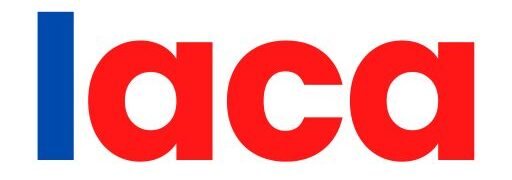To mitigate the financial strains suffered by millions of South African families, the South African Social Security Agency (SASSA) announced a meager increase in Child Support Grant (CSG) for 2025. From 1 April, the grant would increase by thirty rands, thus bringing the total monthly amount to R560 per child. While the move was generally welcomed, most experts would caution that it is less than required, given the deepening economic problems.
Increasing Economic Pressures on South African Families
Under South Africa’s socio-economic conditions, there is intense pressure. The unemployment rate is about 40%, and over 50% of the population lives in poverty. It is a harsh environment for children in low-income households, most of whom depend on the CSG as the sole means of survival.
Deteriorating public infrastructure, including power cuts, bad roads, and unreliable municipal services, further sour the situation. They aggravate the cost of living, making even the most elementary things harder to obtain for the poorest citizens in the country.
What the Grant Holds Relative to the Poverty Lines
Nonetheless, a CSG of R560 for the year 2025 remains under the official food poverty line of R760 per person per month. Thus, at least R200 is expected more to grant even the lowest level of nutrition for a child, much less to meet other developmental costs like healthcare, education, and clothing.
As a result, many households remain trapped in a cycle of food insecurity, with long-term repercussions for children’s growth, education, and well-being.
More Experts Call for Substantial Increase
Child welfare experts and advocacy organizations have been calling for the government to align the CSG with the food poverty line. They argue that establishing a grant up to R760 for a child would:
Provide basic food security to millions of children.
- Enhance overall health results.
- Decrease chronic malnutrition.
- Free resources for crucial services such as education and health care.
- Such an increase, they claim, would be an investment in South Africa’s future workforce and an instrument of long term inequality reduction.
Fiscal Limits of the Government and the Budget Dilemma
The ability of the government to significantly increase the grant is further limited by fiscal constraints. Presently, the country has a budget deficit of 5.0% of GDP for the 2024/2025 financial year. National debt is incessantly on the increase, and the international financial institutions have been raising red flags about the country’s ability to maintain economic stability.
Balancing the need to increase social support with economic sustainability becomes an extraordinarily complex task. Yet, many profess the dangers of failing to remedy the shortfall in child support.
Conclusion
The R30 increment in the Child Support Grant is regarded well and, indeed, is a further step along the avenue towards adequate child support, but generally considered insufficient. Given the rising levels of inflation, unemployment, and poverty, this grant simply cannot sustain the basic needs of any South African child.
Experts here suggest that it is no longer a recommendation but an urgent necessity that the CSG be aligned with the food poverty line. Redress of child poverty, however, will necessitate daring policies that make priorities for the most vulnerable in South Africa the children.




